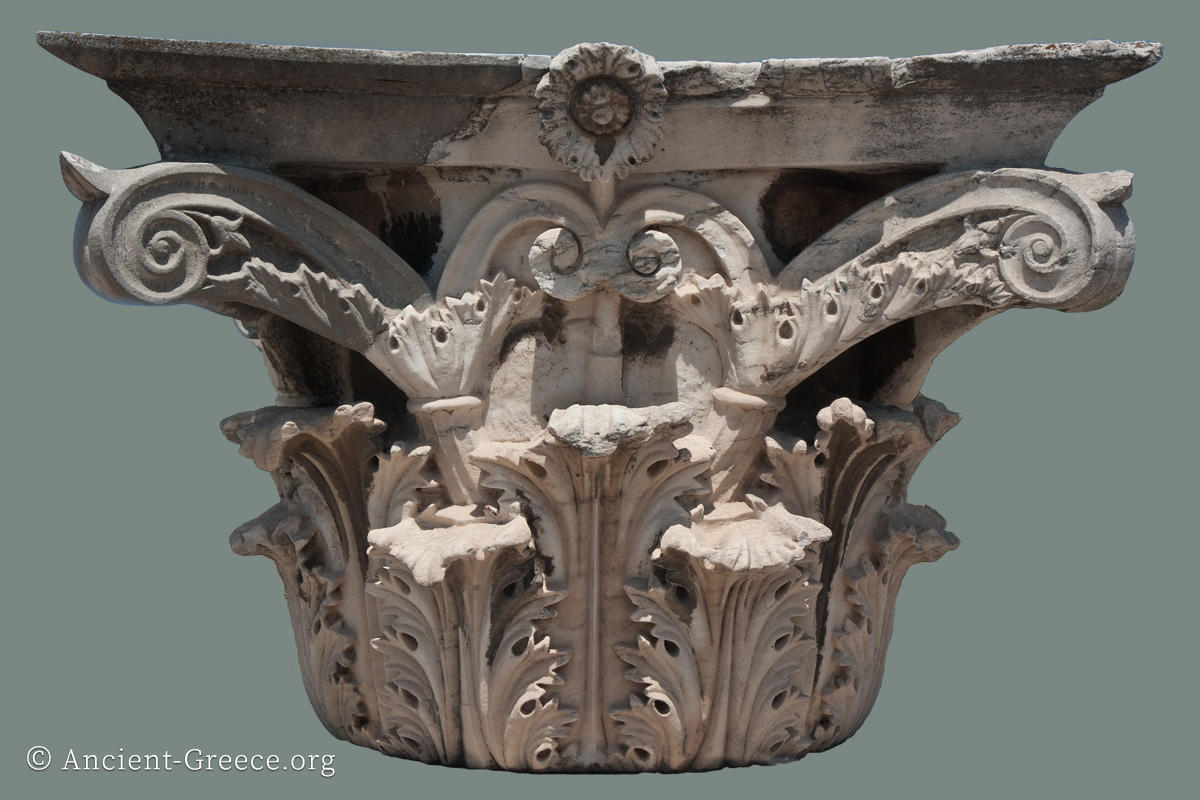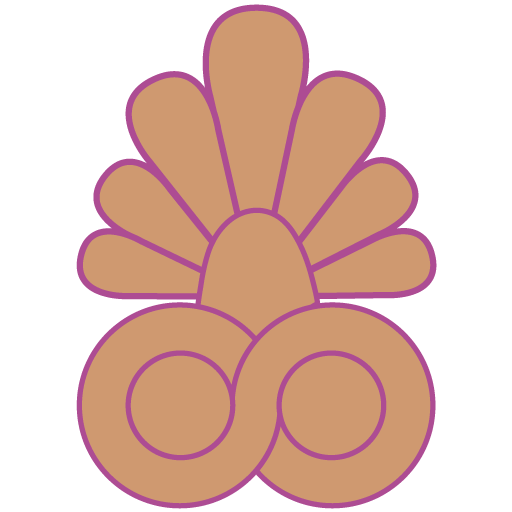
Hecate would appear to have been originally a moon-goddess worshipped by the Thracians. She became confounded, and eventually identified with Selene and Persephone, and is one of those divinities of whom the ancients had various conflicting accounts. Hecate was the daughter of Perses and “gold-wreathed” Astræa (the starry night), and her sway extended over earth, heaven, and hell, for which reason she is represented in works of art as a triple divinity, having three female bodies, all young and beautiful, and united together.
In later times, when this divinity becomes identified with Persephone, she is supposed to inhabit the lower world as a malignant deity, and henceforward it is the gloomy, awe-inspiring side of her character which alone develops itself. She now presides over all practices connected with witchcraft and enchantments, haunts sepulchres, and the point where two roads cross, and lonely spots where murders have been committed. She was supposed to be connected with the appearance of ghosts and spectres, to possess unlimited influence over the powers of the lower world, and to be able to lay to rest unearthly apparitions by her magic spells and incantations.
Hecate appears as a gigantic woman, bearing a torch and a sword. Her feet and hair are formed of snakes, and her passage is accompanied by voices of thunder, weird shrieks and yells, and the deep baying and howling of dogs. Her favour was propitiated by offerings and sacrifices, principally consisting of black lambs.
Her festivals were celebrated at night, by torchlight, when these animals were offered to her, accompanied by many peculiar ceremonies. These ceremonies were carried out with the minutest attention to details, as it was believed that the omission of the slightest particular would afford to her ministers, the evil spirits of the lower world, who hovered round the worshippers, an opportunity for entering among them, and exerting their baneful influence.
At the end of every month food was placed wherever two roads met, in readiness for her and other malignant divinities. In studying the peculiar characteristics which Hecate assumes when she usurps the place of Persephone, the rightful mistress of the lower world, we are reminded of the various superstitions with regard to spectres, witchcraft, etc., which have, even down to our own times, exerted so powerful an influence over the minds of the ignorant, and which would appear to owe their origin to a remote pagan source.
From: Berens, E.M. The Myths and Legends of Ancient Greece and Rome. New York: Maynard, Merril, & Co., 1880. Text in the public domain.

